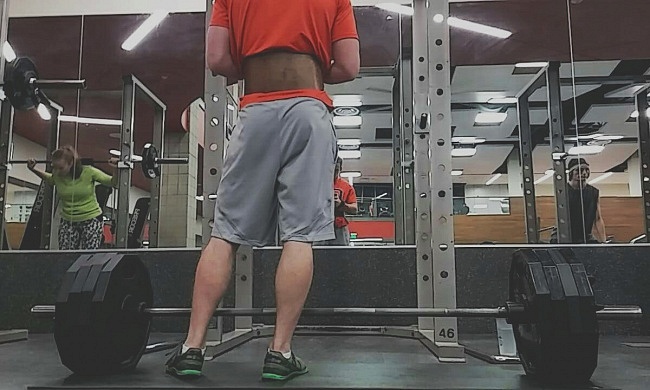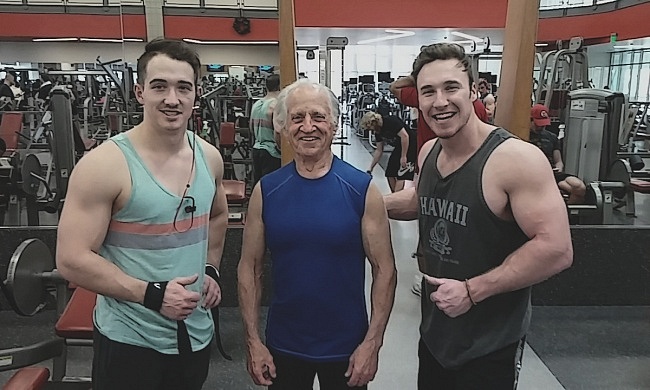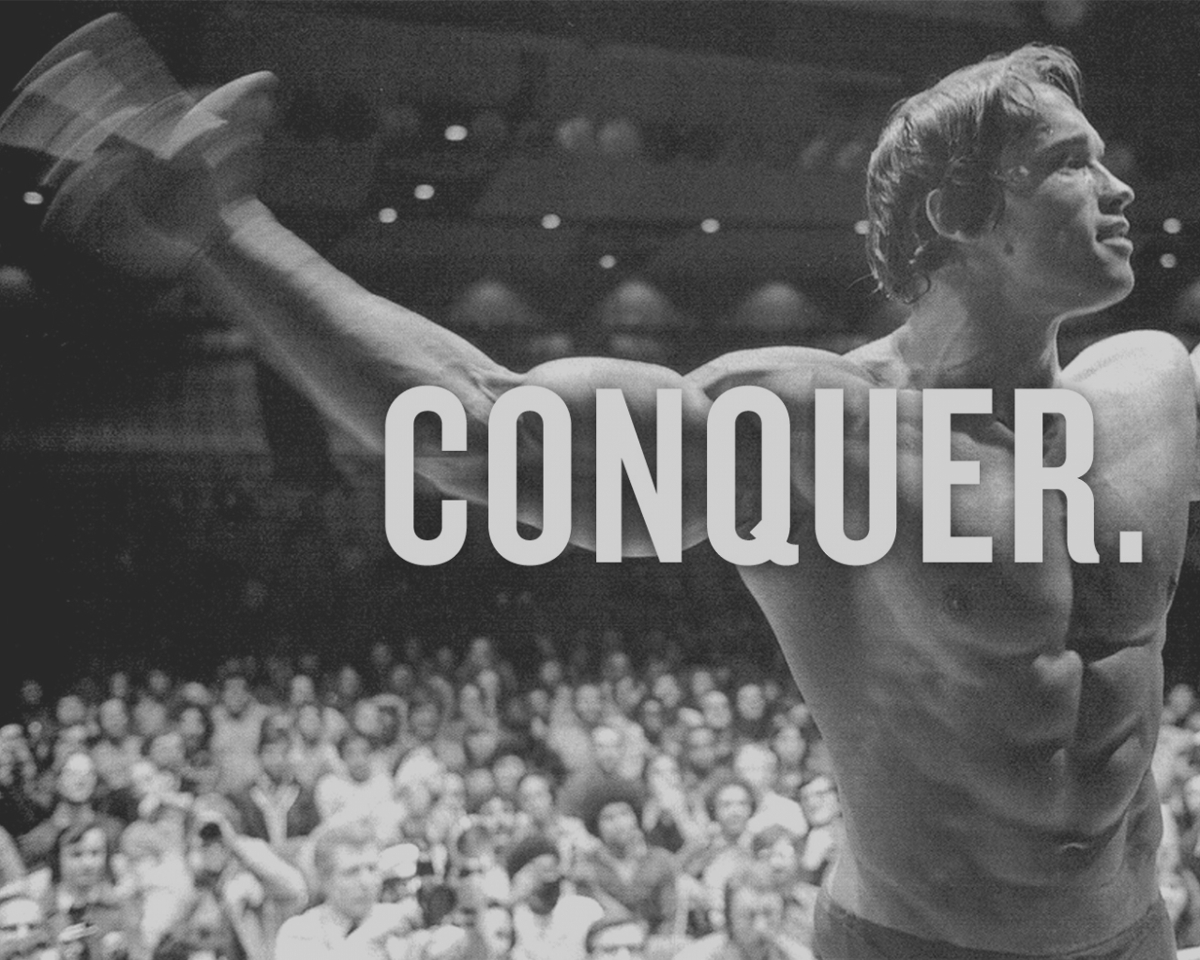Now, although we might be a little late to call this a new years resolution, we at FactoryTwoFour don’t believe you need a particular day to validate your choice to begin taking interest in your health, fitness, and overall physical well-being. So, for the coming weeks, we will try to sift through everything from articles of huge dudes saying I can look like them in 13 days if I buy some goofy roller from an infomercial, to exploring what causes people to quit their fitness routines after the new year, to what it feel like to put 500+ pounds on your back and squat, and why working towards your health goals act as multipliers on performance and happiness in other areas of your life. Joining us for today will be researcher, physical therapist, power lifter, runner, and all around beast, Ethan Vosburg, to elaborate on why the 2000 calorie diet is no good. Ethan broke it down like this:
With so many parts of our day already tailored to our needs, from our computers and phones, our class schedule if we’re students, and online stores enabling us to make purchases on our own time, why is it that we still model all nutritional information on the 2000 calorie diet? Is everyone the same – of course not. So it seems absurd that we should all eat the same way, right?
Fair enough; but that sounds a lot like a rationalization for eating anything you want. Ethan said this is not so, and explained that a calorie, or rather, a kilo-calorie, is actually a unit to measure energy content. By better understanding what sort of fuel you’re putting into your body, you can better understand why its doing what its doing, and how to make it do what you want – be it gain or lose weight. Ethan explained that, really, the higher the caloric value associated with a food, the more energy it contains: Because Michael Phelps is an Olympian, and you sit at you office chair all day, he can eat 12 pancakes, but you have to eat a clementine for lunch or risk a dad bod. This is because he is using up all this energy to swim freakishly fast, and you’re just putting a dent in that clementine after an hour of sitting.
Now, the good news is that, although you may not be an Olympian, you can still seriously up the amount of food you eat and get that triple hot-cake deal at IHOP, if you’re willing to correlate that with burning more energy – like Mike, but on a smaller scale. Ethan continued that 1 gram of a carbohydrate and a protein each has the “energy” value of 4 calories, whereas fat has a value of 9, and alcohol a value of 7. Ethan cautioned though that this doesn’t mean I can start drinking beers with each meal and say “I’m just getting more energy to get some sweet biceps for the summer, damnit.” Instead, he states that these values help you better understand that not all food are created equally, but at their core, they really are just different forms of energy, and not necessarily “good” or “bad.”

I asked Ethan about this whole BMI business, and if that played a role in me achieving my fitness goals. He scoffed and walked me through the .gov site, that allows you to calculate this value, based on your height and weight, and showed me how his BMI is 28 – technically overweight by 4 points, and closer to the next “obese” category, than the “healthy” category. Ethan is a former wide-receiver, and is currently training for a competitive half-marathon, consistently running 10+ miles at a 7 minute mile pace, can bench press 300+ pounds, and has a resting heart rate of 48; he is anything but unhealthy, yet even the health.gov site suggests he lose weight. He cites formulas like BMI and the 2000 calorie diet as reasons for his frustrations, and the more he explains, the more I have to agree with him.
So if none of the existing resources are any good, how can I measure my progress, and figure out what works for me? We will delve into this issue more deeply next time, as Ethan and I get a professional personal trainer’s two cents on how to better understand the nutrition you specifically need, and how to build good eating habits without having to follow a strict meal plan and count calories – because who really has time for that sh*t?
Key takeaway for today: The 2000 calorie diet doesn’t really apply to you, but instead your caloric intake should be based on your particular needs and goals



